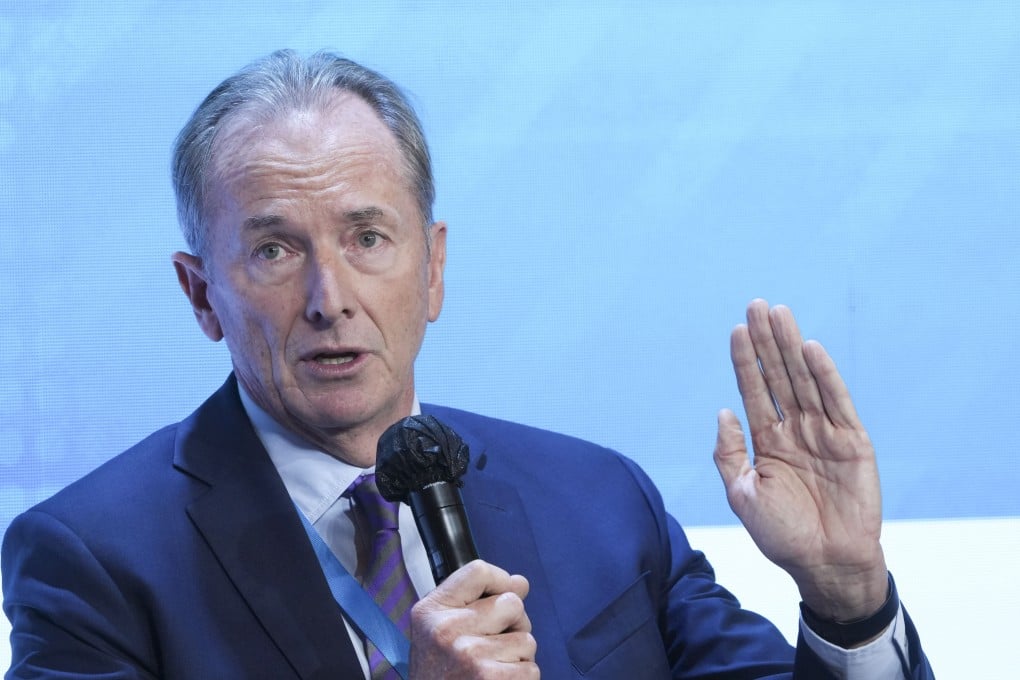Advertisement
Inflation, geopolitical tensions will cast a shadow on an uncertain global economy next year, say top bankers
- Speakers on the first panel at a global investor summit discussed the impact of inflation and geopolitical tensions on the world economy
- The era of low global inflation is over for now, said James Gorman, chairman and CEO of Morgan Stanley
Reading Time:3 minutes
Why you can trust SCMP

Inflation and geopolitical tensions are the two main risks hanging over a global economy that is still reeling from the Covid-19 pandemic, Russia’s invasion of Ukraine and rising interest rates, according to leading global financiers who spoke at an international financial summit in Hong Kong on Wednesday.
The world will be clouded by “a significant amount of uncertainty” in 2023, but central banks will step in to tame inflation amid the transition from economic expansion to economic contraction, they said.
“It is a painful transition, but not an unexpected transition,” said James Gorman, chairman and CEO of Morgan Stanley.
Advertisement
Gorman said the era of low global inflation was over for now. The world will have to deal with interest rates of between 4 and 5 per cent and inflation of around 4 per cent, he added.
Gorman was among the global banking heavyweights whose views were sought during a panel discussion on “navigating through uncertainty” at the Global Financial Leaders’ Investment Summit organised by the Hong Kong Monetary Authority (HKMA).
Advertisement
Advertisement
Select Voice
Select Speed
1.00x